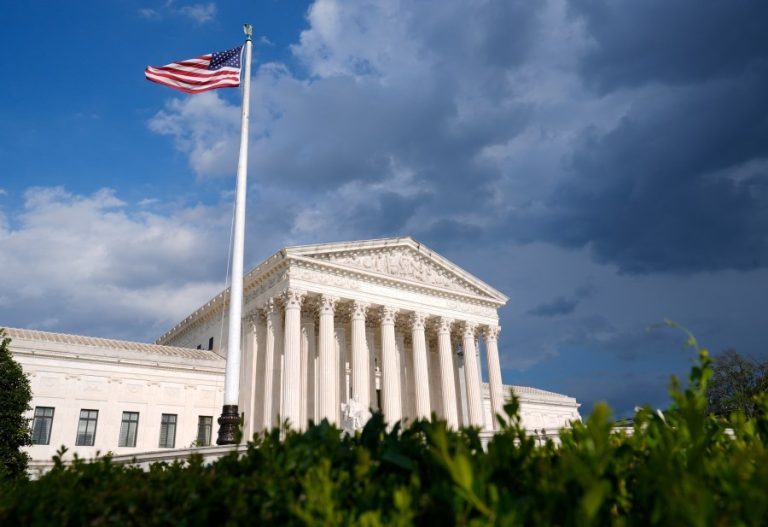(NewsNation) — Today, the Supreme Court will hear oral arguments in the case of a Rastafarian man who is seeking to sue prison officials for forcefully cutting off his dreadlocks in direct violation of his religious beliefs.
In 2020, Damon Landor was nearly finished with a five-month prison sentence for drug possession in Louisiana before he was transferred to the Raymond Laborde Correctional Center for the final few weeks of his sentence.
Upon arriving at the facility, Landor attempted to explain his religious beliefs to the guards and presented a court ruling that permitted him to keep his dreadlocks for religious reasons. However, prison officials disregarded the ruling, threw it in the trash, handcuffed him to a chair and forcibly shaved his head.
Landor, a devout Rastafarian, had previously taken a promise known as the Nazarite Vow not to cut his hair. He had been able to honor this promise for nearly 20 years before prison officials forcibly cut his dreadlocks.
Supreme Court rejects appeal to overturn same-sex marriage ruling
Landor seeking to sue officials for damages
The question in Landor’s case isn’t concerning his mistreatment, as the Louisiana Department of Public Safety and Corrections has already admitted wrongdoing, but about whether he’s able to sue the prison officials for damages.
The case hinges on the Religious Land Use and Institutionalized Persons Act, which states: “No government shall impose a substantial burden on the religious exercise of a person residing in or confined to an institution.”
A federal judge and an appeals court ruled against Landor, finding the law didn’t allow him to sue prison officials for damages in their individual capacity. Other federal courts that have examined the issue have also come to the same conclusion.
Landor’s lawyers argue in a written brief to the Supreme Court that, without damages, “There would be no remedy, no accountability, and RLUIPA’s soaring promise would ring hollow. That is clearly wrong. Congress did not enact RLUIPA so that state officers could freely ignore it.”
A 2011 Supreme Court ruling prevents prisoners in certain instances from seeking damages directly from the state.
Supreme Court will decide whether states can count late-arriving mail ballots, a Trump target
Supreme Court supportive of religious liberties but not lawsuits against government
The case reaches the Supreme Court at a time when it has been ruling in favor of protecting and expanding religious liberties. Still, it hasn’t been supportive of lawsuits seeking damages against government officials.
The Court, dominated by a 6-3 conservative majority, recently ruled to allow religious parents to pull their kids from lessons involving books with LGBTQ+ themes.
The Trump administration, the Department of Justice and several religious groups back Landor in his case.

